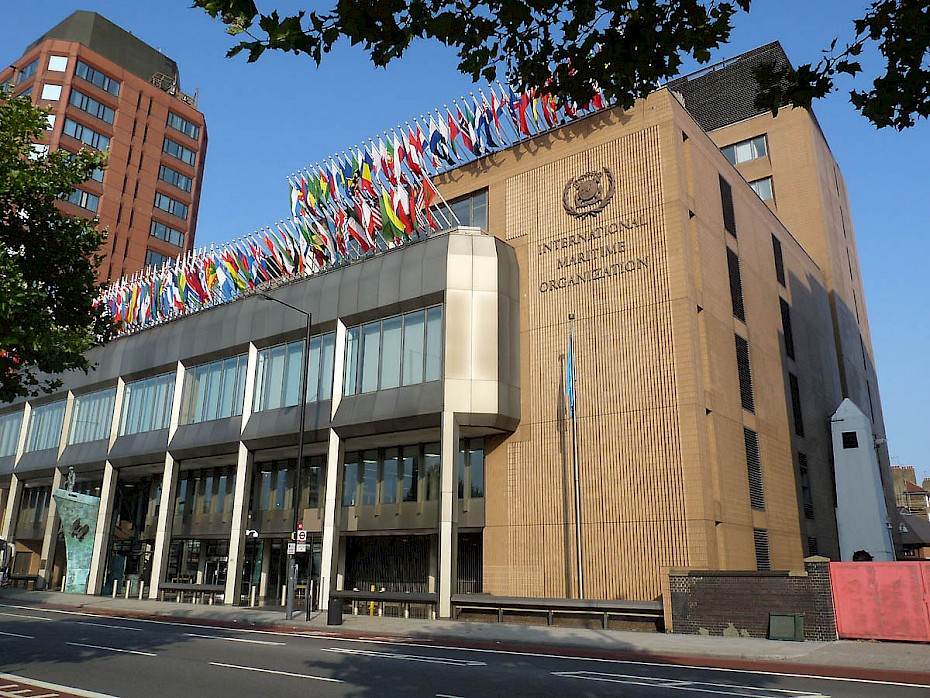OSPAR, The London Convention & the International Maritime Organization
Deputy secretaries Luisa Rodriguez Lucas and John Mouat are visiting the International Maritime Organization this week for the meeting of Contracting Parties to the London Convention and its Protocol.
There is a long track record of cooperation with the London Convention, in areas such as radioactive substances, dumping of chemical munitions and carbon capture and storage. This adds to a shared interest in emerging issues ranging from marine litter, to seabed mining to marine disposal of tailings. OSPAR's Agreement of Cooperation with the IMO is still alive and well!

The London Convention
The "Convention on the Prevention of Marine Pollution by Dumping of Wastes and Other Matter 1972", the "London Convention" for short, is one of the first global conventions to protect the marine environment from human activities and has been in force since 1975. Its objective is to promote the effective control of all sources of marine pollution and to take all practicable steps to prevent pollution of the sea by dumping of wastes and other matter. Currently 87 States are Parties to this Convention.
In 1996, the "London Protocol" was agreed to further modernise the Convention and, eventually, replace it. Under the Protocol all dumping is prohibited, except for possibly acceptable wastes on the so-called "reverse list". The Protocol entered into force on 24 March 2006 and there are currently 45 Parties to the Protocol.
The International Maritime Organization
The International Maritime Organization (IMO) – is the United Nations specialised agency with responsibility for the safety and security of shipping and the prevention of marine pollution by ships.
As a specialised agency of the United Nations, IMO is the global standard-setting authority for the safety, security and environmental performance of international shipping. Its main role is to create a regulatory framework for the shipping industry that is fair and effective, universally adopted and universally implemented.
International shipping transports about 90 per cent of global trade to peoples and communities all over the world. Shipping is the most efficient and cost-effective method of international transportation for most goods; it provides a dependable, low-cost means of transporting goods globally, facilitating commerce and helping to create prosperity among nations and peoples.
IMO measures cover all aspects of international shipping – including ship design, construction, equipment, manning, operation and disposal – to ensure that this vital sector for remains safe, environmentally sound, energy efficient and secure.
